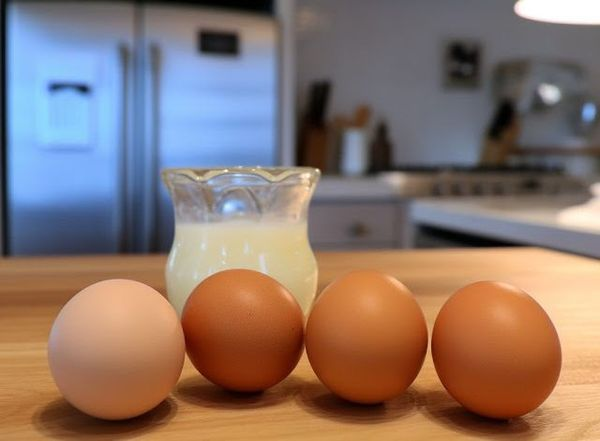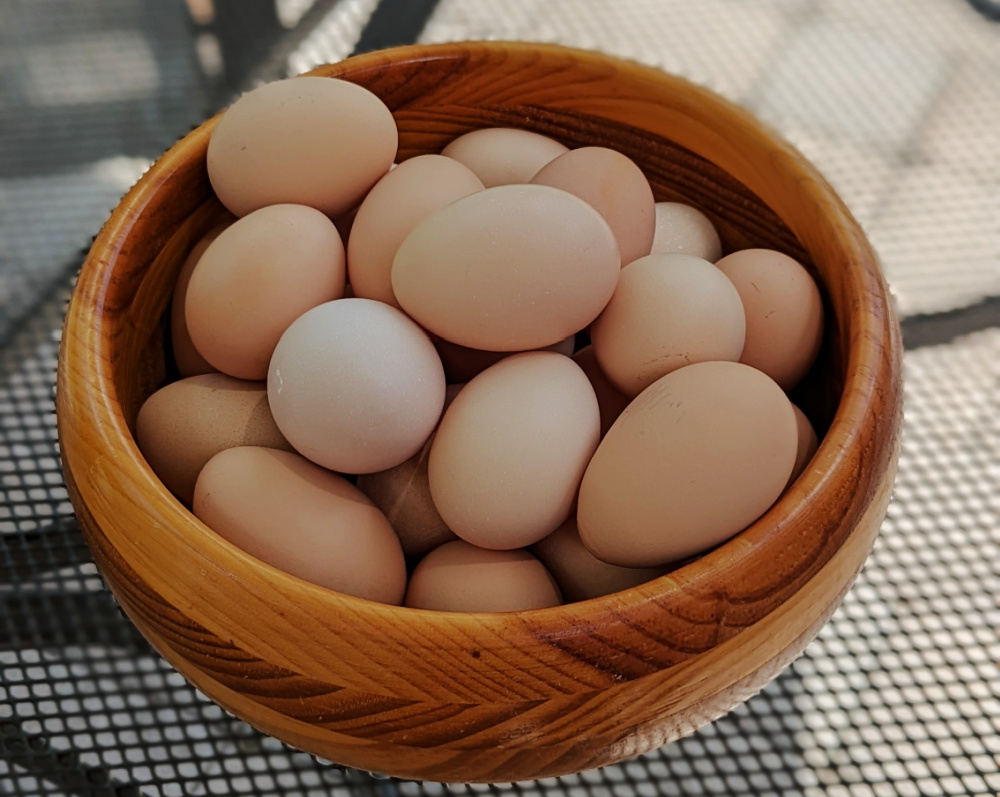Eggs are a staple ingredient in many kitchens, offering versatility and nutrition in every meal. However, ensuring that your eggs remain fresh and safe to eat requires proper storage methods. From raw eggs to cooked meals, understanding how to store them correctly is crucial for maintaining their quality. In this article, we’ll dive into the best practices for egg storage, helping you preserve their freshness and avoid foodborne illnesses.
The Importance of Proper Egg Storage

Proper egg storage isn’t just about keeping your eggs fresh for as long as possible. It’s also a critical factor in food safety. Eggs, particularly raw ones, can carry harmful bacteria like Salmonella if not stored at the correct temperature. By adhering to the right storage techniques, you reduce the risk of contamination and ensure your eggs taste their best when it’s time to cook or bake.
Storing Raw Eggs: The Golden Rule of Refrigeration
When it comes to storing raw eggs, the golden rule is to keep them chilled in the refrigerator. The ideal temperature range is between 35°F and 40°F (1.7°C to 4.4°C). This temperature range helps maintain their freshness and prevents the growth of harmful bacteria.
It’s also important to keep raw eggs in their original carton. Why? The carton helps protect the eggs from absorbing strong odors in the fridge, which can affect their taste. Plus, the carton provides a layer of protection against damage, keeping your eggs safe from cracks.
When stored correctly in the refrigerator, raw eggs can stay fresh for up to 5 weeks. That’s quite a long shelf life, which is why it’s worth taking the extra steps to ensure you’re following the proper storage methods.
How to Store Hard-Boiled Eggs for Maximum Freshness
Hard-boiled eggs are a convenient and nutritious snack that you can enjoy any time of day. But how do you ensure they stay fresh after you’ve cooked them? The secret lies in airtight containers.
Once you’ve boiled your eggs, let them cool completely before placing them in the fridge. Storing them in airtight containers prevents them from drying out and keeps them safe from contamination by other foods. When stored properly, hard-boiled eggs can remain fresh for up to a week in the refrigerator.
Pro tip: Avoid peeling the eggs until you’re ready to eat them. Keeping the shell on will help preserve their freshness and texture longer.
Tips for Storing Cooked Egg-Based Meals
Whether you’ve made a fluffy scramble, a delicious omelet, or any other egg-based meal, proper storage is key to enjoying leftovers later. The trick is to let your cooked egg dishes cool down completely before storing them.
Once cooled, place your egg-based meals in sealed containers. This helps retain their texture and flavor, keeping them fresh in the fridge for 3-4 days. Make sure to reheat the leftovers thoroughly before eating them, as this helps maintain food safety and ensures your meal tastes just as good as when it was first made.
Liquid Egg Products: Convenience with a Shelf Life
For those who prefer the convenience of liquid egg products, you’ll be glad to know that these can also last quite a while if stored correctly. Unopened liquid egg cartons can last up to a week past the “sell-by” date when kept refrigerated.
However, once opened, it’s best to use the liquid egg product within two days to maintain its freshness. If you’re using egg replacements for baking, they have an even longer shelf life, lasting 10-14 days when properly sealed and stored in the fridge.
Why Temperature Control Matters: Preventing Bacterial Growth

One of the most important aspects of egg storage is maintaining the right temperature. Eggs should always be stored below 40°F (4.4°C) to prevent bacteria from growing, particularly in warmer climates.
Leaving eggs or egg-based meals at room temperature for extended periods can create the perfect breeding ground for bacteria like Salmonella. That’s why it’s essential to refrigerate them as soon as possible after purchase or cooking.
If you’re unsure about your fridge’s temperature, it’s worth investing in a thermometer to monitor it. This small step can make a big difference in keeping your eggs safe to eat.
The Egg Freshness Test: How to Tell If an Egg Has Gone Bad
Not sure whether your eggs are still fresh? The good news is, there’s an easy way to check: the float test.
To perform the float test, simply fill a bowl with water and gently submerge the egg. Fresh eggs will sink to the bottom and lie flat, while older eggs will start to stand upright or even float due to an enlarged air pocket inside the egg. If an egg floats, it’s a good indication that it’s no longer fresh, and you should consider discarding it.
This simple test can save you from accidentally using eggs that are past their prime and ensures that you’re always working with the freshest ingredients.
Conclusion: Mastering Egg Storage for Freshness and Safety
By following these easy-to-implement egg storage practices, you can enjoy fresh, safe, and flavorful eggs for all your cooking and baking needs. From keeping raw eggs in their original carton to using airtight containers for hard-boiled and cooked egg dishes, each step helps preserve quality and prevent bacteria growth.
Whether you’re preparing a quick snack or crafting a meal, properly storing your eggs ensures they stay delicious and safe to eat. Keep your fridge at the right temperature, store your eggs correctly, and enjoy the full versatility that eggs have to offer in your kitchen!


